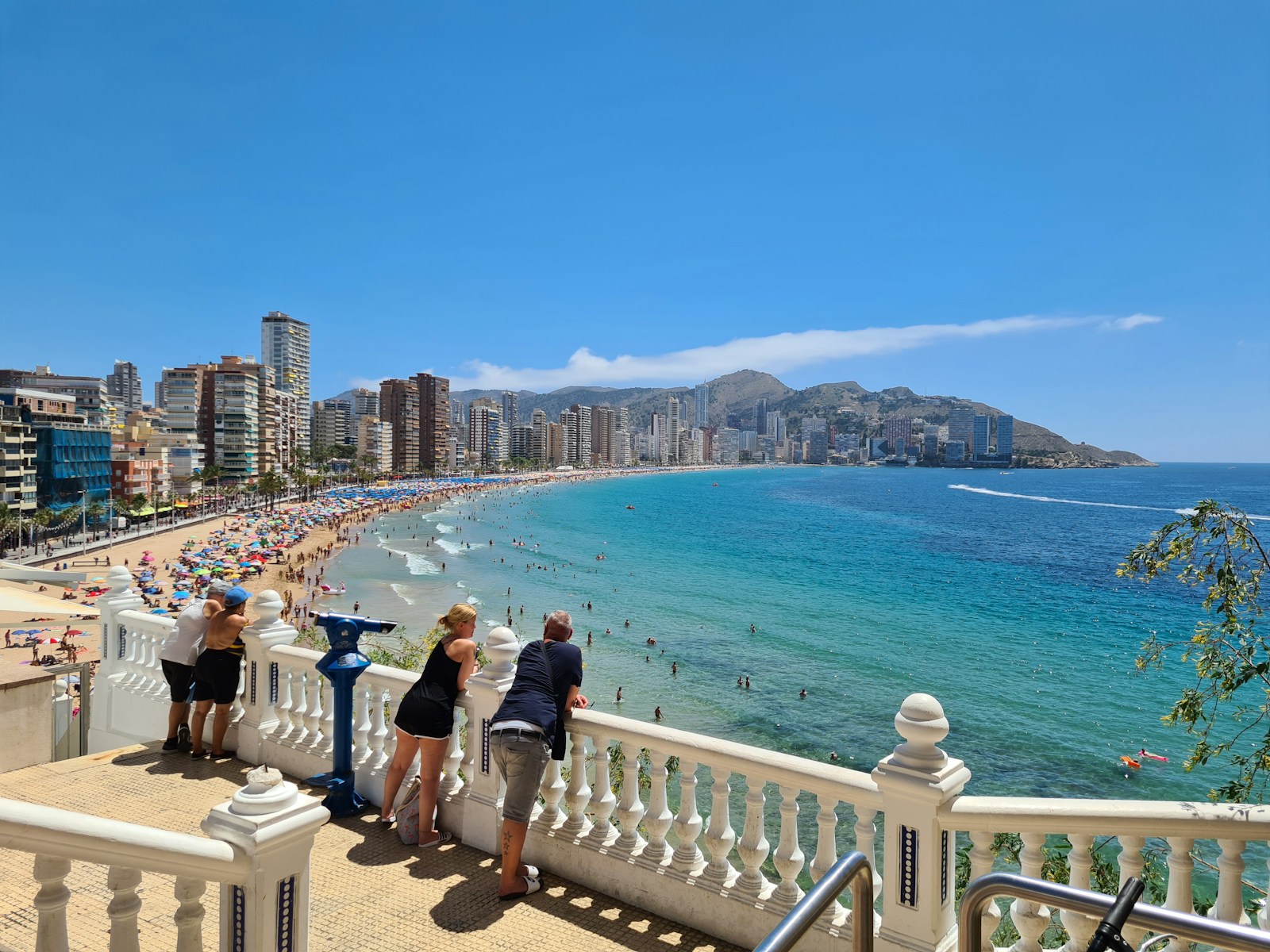
estar de vacaciones

be on vacation
The Spanish phrase 'estar de vacaciones' directly translates to the English phrase 'be on vacation'. Its core function is to describe a state or condition someone is in, primarily about being on a break adorned by traveling or leisure activities outside of usual work or school commitments. Often, 'estás de vacaciones' is used when asking someone if they're on vacation.
Example sentences using: estar de vacaciones
Este mes estoy de vacaciones en la playa.

This month I am on vacation at the beach.
This phrase indicates that the speaker is currently enjoying time off from work or daily responsibilities at a beach location.
Mis amigos están de vacaciones en Europa.

My friends are on vacation in Europe.
Here, the speaker is stating that their friends are currently taking a trip to Europe for leisure.
El año pasado estuvimos de vacaciones en las montañas.

Last year we were on vacation in the mountains.
This sentence reflects on a past vacation that the speaker took with others to a mountainous area.